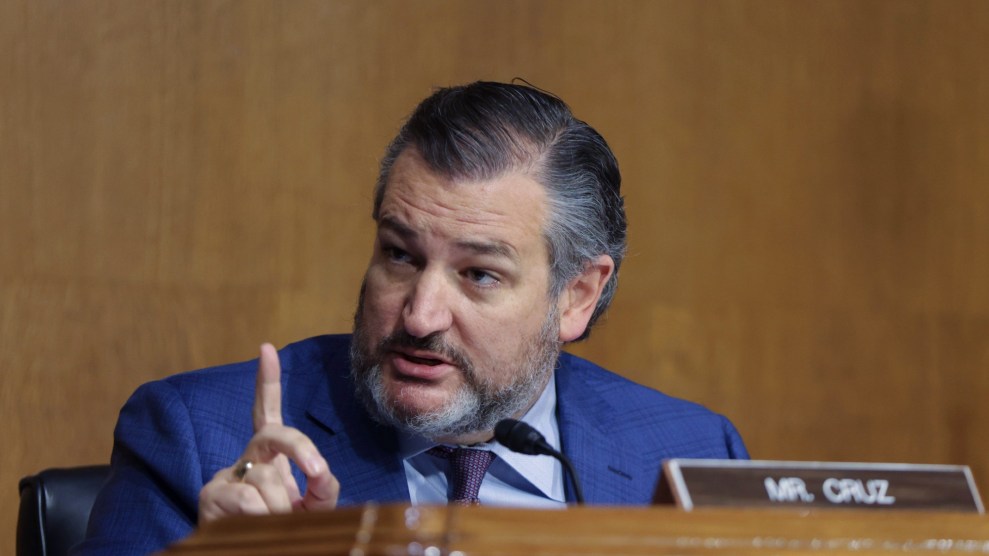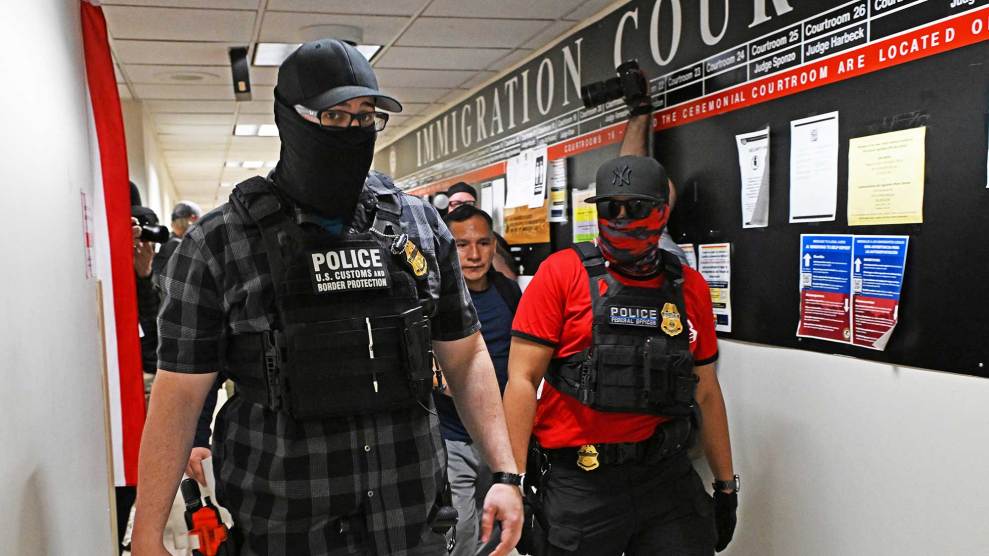
Tasos Katopodis/AP
On Thursday afternoon, the House passed a bill temporarily funding the government through the middle of February.
The 221–212 vote comes after several days of concern that Democrats and Republicans in Congress would be unable to agree on a funding package ahead of the midnight Friday deadline, pushing the federal government into a shutdown that would furlough thousands of government workers, upend some federally funded services, and derail the economy just a few weeks before the holidays.
While the House vote makes this less likely, the threat is not gone. The bill now moves to the Senate, where it will require unanimous agreement to quickly pass ahead of the government funding deadline on Friday. A few Republican senators, including Ted Cruz, have threatened to derail the funding bill unless it includes a measure to undo President Joe Biden’s business vaccine mandate. If they make good on this threat, they’ll tank the economy for hundreds of thousands of Americans just as they enter the holiday season. Senate Majority Leader Chuck Schumer (D-N.Y.) warned on Thursday that if this happens, it will be a “Republican anti-vaccine shutdown.”
“Democrats and most Republicans, including the Republican leader, have said they don’t want to see a Republican shutdown,” he said from the Senate floor. “We hope cooler heads will prevail.”
The last time the government shut down was in January 2019, when President Donald Trump refused to sign a budget that lacked funding for his plan to build a wall on the US-Mexico border. That shutdown’s economic impacts were enormous: It cost the US economy at least $11 billion, according to an estimate from the Congressional Budget Office, and more than 800,000 government workers went weeks without pay. Food banks around the country saw jumps in demand of as much as 20 percent, and furloughed federal workers turned to GoFundMe campaigns and shifts at McDonald’s to make ends meet.
If the government shuts down this weekend, similar results are likely. S&P Global Ratings estimated on Thursday that the shutdown would cost the US economy $1.8 billion for every week that it continues.


















